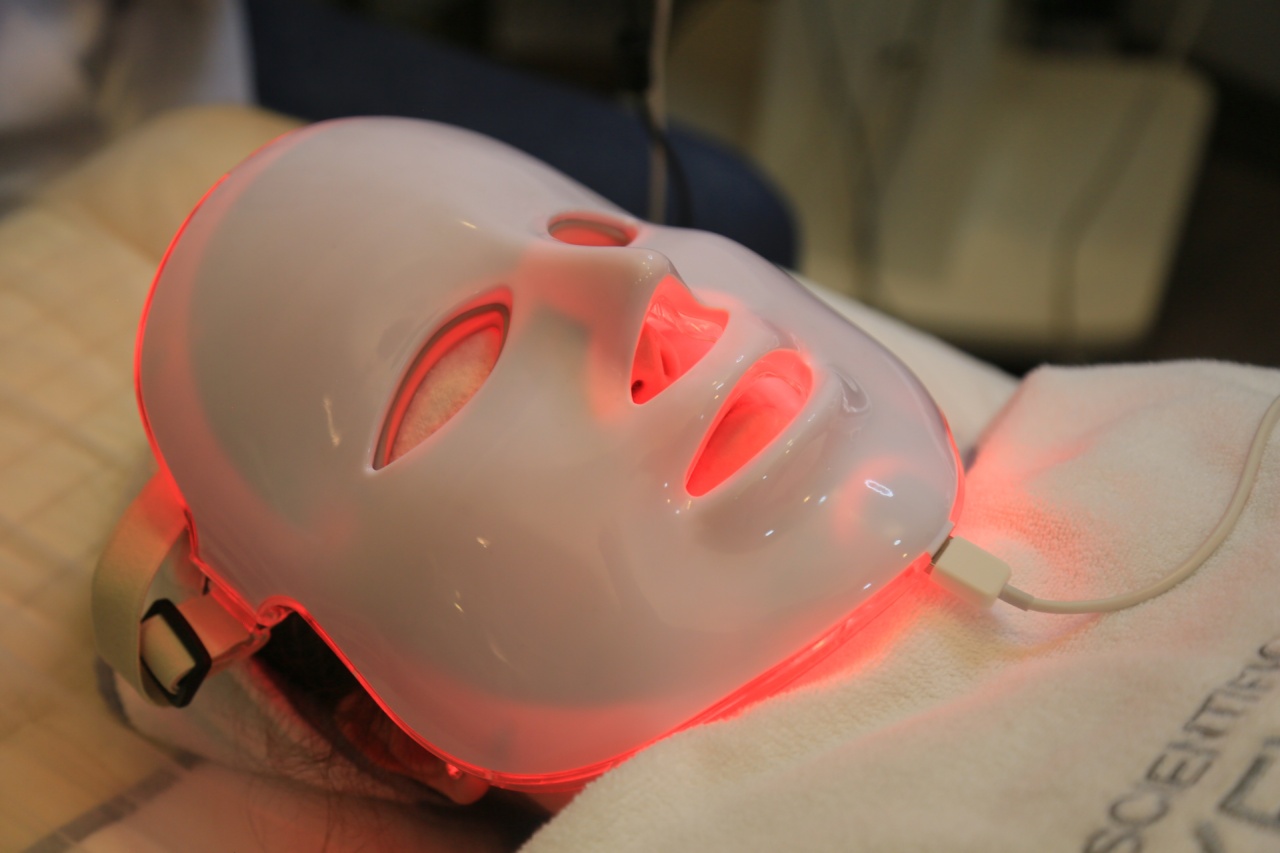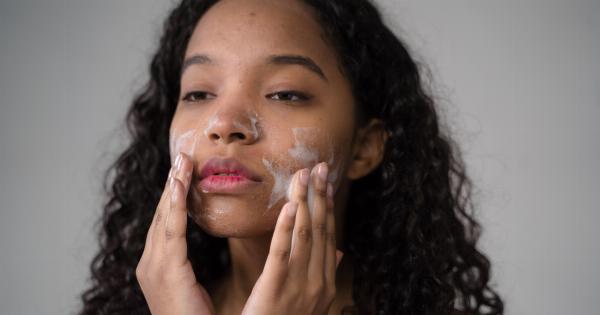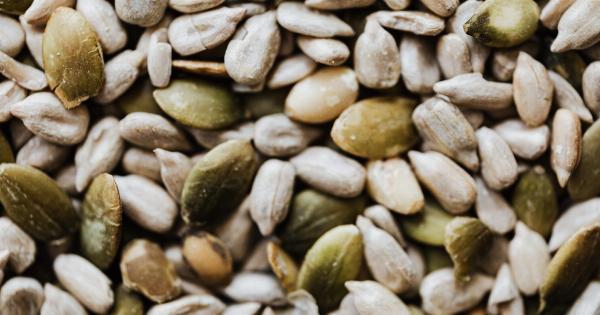Acne, a skin condition that affects millions of people worldwide, is often seen as a negative and bothersome issue. However, recent research has suggested that acne may actually have some surprising anti-aging benefits.
While it may be difficult to see the silver lining when faced with breakouts, understanding the potential positive effects that acne can have on the skin may help to change the way we perceive and approach this common skin concern.
The role of sebum production
Sebum, an oily substance produced by the sebaceous glands in the skin, plays a significant role in the aging process.
Although excessive sebum production can contribute to acne development, sebum also helps to keep the skin hydrated and acts as a natural moisturizer. This natural moisturizing effect can help to prevent the appearance of fine lines and wrinkles, keeping the skin looking plump and youthful.
Acne and collagen production
Collagen is a protein that provides strength and elasticity to the skin. As we age, collagen production naturally decreases, leading to the formation of wrinkles and sagging skin.
Interestingly, studies have shown that the inflammation caused by acne may stimulate collagen production in the skin. This increased collagen synthesis can help to improve skin elasticity and reduce the signs of aging.
The impact of acne on skin cell turnover
Skin cell turnover is an essential process for maintaining youthful skin. It refers to the shedding of dead skin cells and the production of new cells. Acne can accelerate this turnover process, leading to faster renewal of the skin’s surface.
With a faster turnover rate, the skin appears fresher, smoother, and more vibrant. This can contribute to a more youthful appearance and help to reduce the visibility of fine lines and wrinkles.
The role of inflammation in skin rejuvenation
Inflammation is a natural response of the body’s immune system to protect and heal damaged tissues. While acne is often caused by inflammation, it can paradoxically contribute to skin rejuvenation.
The inflammatory response triggers the production of collagen, elastin, and other components that promote skin repair and renewal. This process can help to improve skin texture, reduce hyperpigmentation, and give the skin a more youthful appearance.
Acne and increased skin thickness
Thicker skin is typically associated with youthfulness and a decreased appearance of wrinkles. Acne can promote skin thickening through a phenomenon called hyperkeratinization.
This process involves an increased production of keratin, a protein that provides structure and protection to the skin. The thickening effect of acne can help to smooth out fine lines and make the skin appear more plump and supple.
Acne and the antioxidant response
Antioxidants play a crucial role in protecting the skin from damaging free radicals, which can accelerate the aging process. Studies have found that acne-prone skin may have a higher antioxidant defense system compared to unaffected skin.
The presence of antioxidants helps to neutralize free radicals, preventing oxidative stress and its detrimental effects on the skin. This antioxidant response can contribute to maintaining a youthful complexion.
Wound healing properties of acne
Acne lesions are essentially wounds on the skin’s surface. As the body works to heal these wounds, it triggers a series of processes that promote tissue repair.
These processes involve the production of growth factors and collagen, which can all contribute to skin rejuvenation. The wound healing properties of acne can lead to improved skin texture, reduced scarring, and an overall more youthful appearance.
The balancing act of acne-causing bacteria
Propionibacterium acnes, the bacteria commonly associated with acne, has been found to have some positive effects on the skin.
While it is primarily known for causing inflammation and acne breakouts, recent research has revealed potential anti-aging benefits associated with this bacterium. P. acnes has been shown to help regulate oil production, maintain the skin’s pH balance, and protect against harmful bacteria. These factors contribute to healthier skin and may help to slow down the aging process.
Acne as a motivator for overall skin health
Dealing with acne can be a frustrating experience, but it can also serve as a motivator for maintaining a comprehensive skincare routine.
To effectively manage acne, individuals are often more inclined to keep their skin clean, moisturized, and protected. These habits not only address the causes of acne but also promote overall skin health. By taking care of the skin and protecting it from environmental stressors, individuals can minimize signs of aging and maintain a youthful complexion.
The psychological benefits of acne
While the physical benefits of acne on anti-aging have been discussed, it is essential to acknowledge the potential psychological benefits as well. Acne can teach individuals resilience, patience, and self-acceptance.
Dealing with the challenges of acne can foster a greater appreciation for healthy, glowing skin and a more positive body image. This mental shift can contribute to an overall sense of well-being and ultimately promote a more youthful appearance.





























